The decision to leave a job is a significant and often complex one. While it's natural for employees to contemplate their departure, it's essential to navigate this process with care. Quitting before actually quitting can have unintended consequences for both the individual and the workplace. In this blog post, we'll explore three common behaviors employees exhibit when they're mentally checked out, badmouthing leadership, and prematurely disclosing their departure to colleagues.
One common sign that an employee may be considering leaving is the expression of frustration or dissatisfaction with leadership. While it's natural to have grievances, turning to negative talk can have detrimental effects on both personal and professional relationships.
Badmouthing leadership, whether in private or within the workplace, can tarnish the employee's reputation and create a toxic atmosphere. It's crucial for individuals to address concerns constructively by providing feedback through appropriate channels, such as one-on-one discussions or employee surveys. This way, they contribute to a positive workplace culture even as they contemplate their next steps.
Employees often mentally check out long before they officially resign. This disengagement can manifest as decreased productivity, lack of enthusiasm, and a general sense of detachment. While it's understandable that the decision to leave can impact one's motivation, it's important to maintain professionalism until the very end.
By mentally checking out, employees risk damaging their professional reputation and jeopardizing potential references for future opportunities. Rather than disengaging, individuals can use their remaining time to wrap up projects, document processes, and facilitate a smoother transition for both themselves and their colleagues.
Sharing plans to leave with colleagues before formally resigning is a common pitfall. While it may seem like a way to confide in trusted coworkers, this premature disclosure can have unintended consequences. Word travels fast in a workplace, and sharing plans to leave prematurely may lead to awkward dynamics, increased speculation, and potentially a shift in team dynamics. It's advisable for employees to wait until they have a clear plan and have informed their supervisors before discussing their departure with colleagues.
Leaving a job is a personal decision that requires careful consideration and planning. Engaging in behaviors such as badmouthing leadership, mentally checking out, and prematurely disclosing departure plans can have lasting consequences for both the departing employee and the workplace.
Instead, individuals contemplating a job change should focus on constructive communication, maintaining professionalism, and planning a thoughtful exit strategy. By navigating the exit process with integrity, employees can leave a positive legacy, maintain valuable professional relationships, and set themselves up for success in their future endeavors. Remember, it's not just about how you leave a job but how you carry the lessons and relationships forward into the next chapter of your career.

